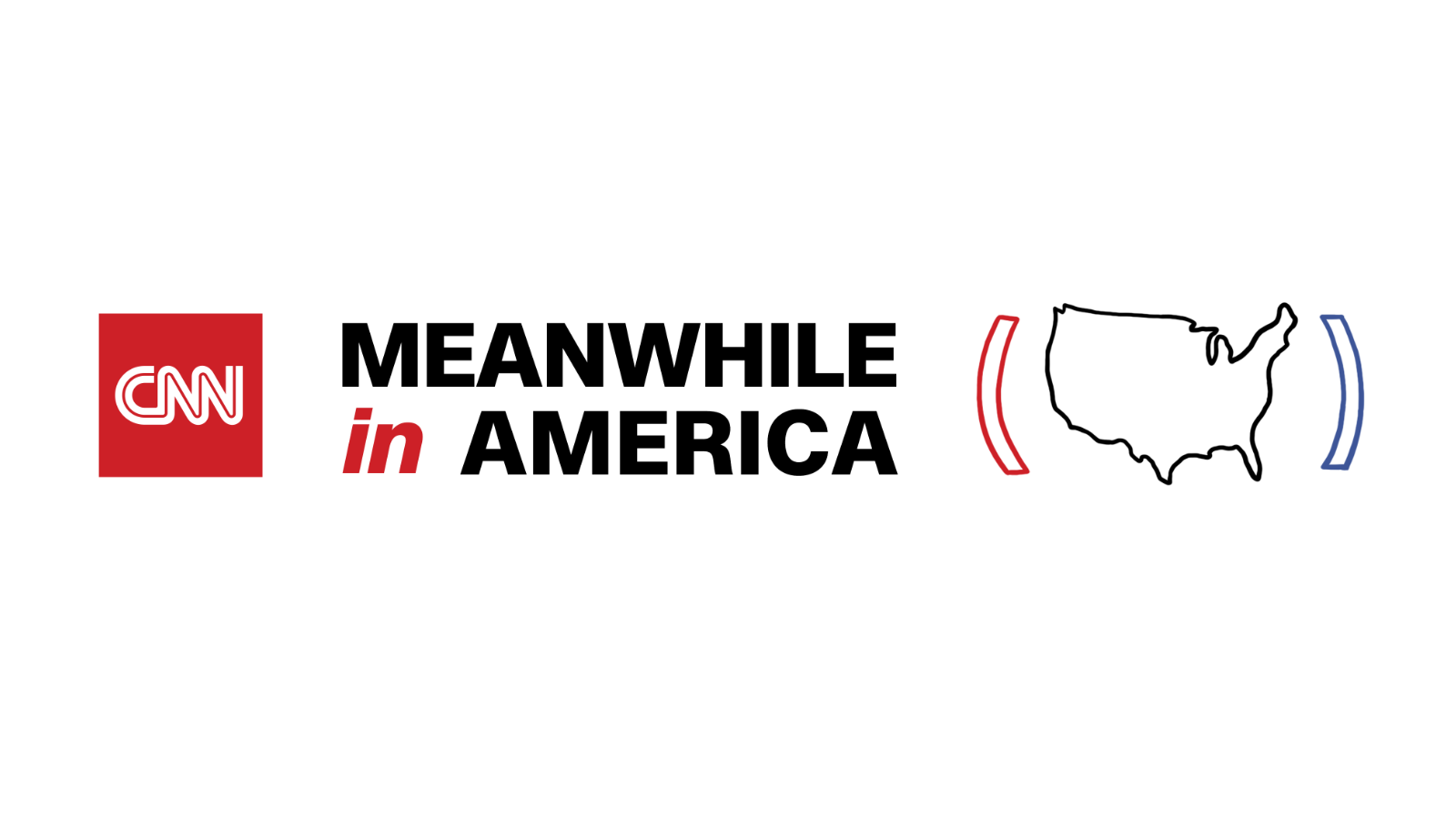Justin Trudeau's win this week did not give him a governing majority. But it did issue an overwhelming mandate for more aggressive policy measures to save the planet.
"We are seeing two-thirds of Canadians voting for a party that had a strong climate plan. This makes it very clear that Canadians want more climate action," Isabelle Turcotte, of the Pembina Institute, Canada's top clean-energy think tank, told Meanwhile.
Things could have been different. Had the election gone the other way, the country's Conservative Party — rooted in western oil heartlands, would have ended its carbon tax.
It was the kind of result many analysts had expected in Australia this year, after a run of wildfires and drought, and as warming waters kill off the Great Barrier Reef. But Australians stuck with a conservative coalition that resisted anti-carbon policies, raising questions about voters' willingness everywhere to pay a price to save the planet.
Americans' appetite for serious climate action will be tested next year, when the presidential election could see Trump, who calls climate change a Chinese hoax, take on a liberal Democrat committed to revolutionizing the economy in a Green New Deal.
Trudeau will still have challenges. He backs a project to expand an oil pipeline that could test his minority government's vote-by-vote cooperation with smaller parties. And he must begin overseeing federal reform of carbon-heavy economies in Alberta and Saskatchewan, where his Liberals were wiped off the map in Monday's House of Commons election.
Nevertheless, look for Canada to now possibly set a carbon-neutral goal by 2050, and to stiffen climate targets for 2030.
America's neighbor to the north has become the petri dish for how far wealthy democracies can go in halting or reversing climate change -- while taking on the oil and gas lobby and keeping voters on board.

No comments:
Post a Comment